Mobile sample preparation units
Innovative mobile sample preparation units (MSPUs) allow for exploration and testing in remote locations for the mining sector
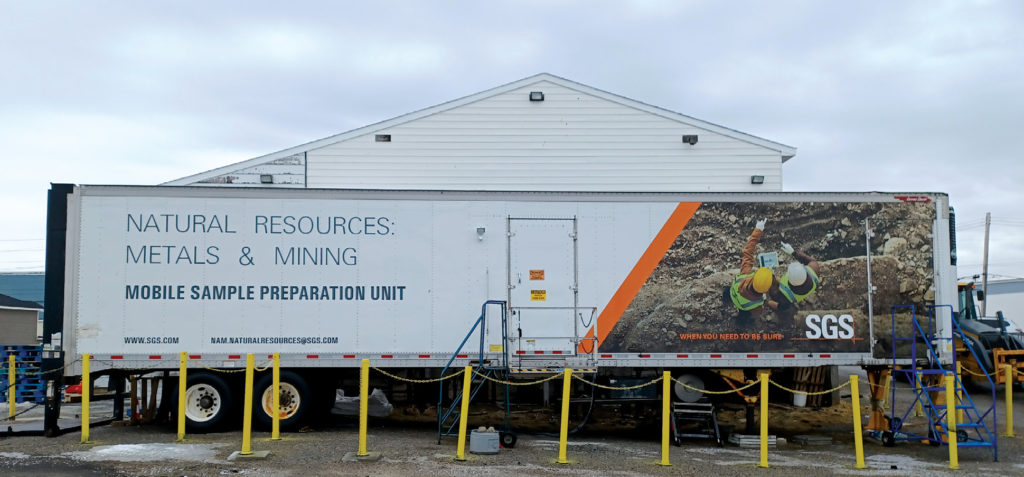
In July 2020, a scant three months into the COVID-19 pandemic, the business consulting leader, McKinsey, in an article on their website, thought that it was important enough to address “What can previous crisis periods teach us about the impact of the COVID-19 pandemic on the mining sector, and what can we expect going forward?”
There was no way to know at that time just what a shock the pandemic would create globally and what specific challenges would be identified within the mining sector. The news has been mixed with many lessons learned, obstacles overcome, and innovations implemented.
Canada has been a major exploration focus during the pandemic with exploration investments of more than two billion dollars in 2021, representing a 35% increase year-over-year. The big demand for commodities like gold and other precious metals and a supply shortage of minerals like copper, lithium, and cobalt have led to significant drilling activity.
With that drilling activity, has come the need for ongoing and accurate testing which can be problematic when operating in a remote location. This was evident in particular in Newfoundland which is an area of North America that has been experiencing a gold rush over the past 8 years. SGS, one of the world’s top testing, inspection, and certification companies started working closely on an innovative initiative with Matador mining at their Cape Ray project.
In April 2021, SGS and the company set about building a mobile sample preparation unit (MSPU) in one of the most remote areas of the island to address on-site testing needs. The thinking was that if it were possible to establish an MSPU in Port-Aux-Basques, Newfoundland, a fishing village of about 3,000 people located on the island’s southwestern tip, then the viability for the MSPU in extreme weather conditions would step closer to reality.
“SGS prides itself on innovation and customer solutions and the MSPU is a perfect example of that,” said Carlos Cordoba, SGS NAM vice-president, natural resources. “The reality of the two-and-a-half-hour drive from the site to the closest regional airport at Deer Lake which linked it to the rest of Canada was one of the motivating factors in finding a way to optimize the on-site testing requirements and processes.”
A year later, the MSPU provides an excellent example for exploration companies around the world for what is possible. Instead of having to ship 100,000 samples ranging from three to five kg across the country to SGS’ Centre of Excellence in Burnaby, British Colombia for analysis, only 250 g per sample are sent while the remaining materials remains at the client’s site.
It goes without saying that this is good news on the sustainability front with major carbon footprint reduction and cuts to CO2 emissions. Customized truck-mounted creations allow for each MSPU to establish a sample process unique to each project while also minimizing the overall environmental impact encountered once the project advances in the life cycle.
With the unprecedented pressure from investors and stakeholders who are demanding timely information and tangible action and accountability when it comes to corporate social responsibility and sustainability, this is seen as a step forward.
The reality is the world will need to turn to the mining industry to help shift towards a green economy. The mining industry has also recognized the importance it holds for that transformation to occur. Twenty-one of the top 30 largest metals and mining companies by market capitalization have set some level of net-zero greenhouse gas emissions target or are already claiming carbon neutrality.
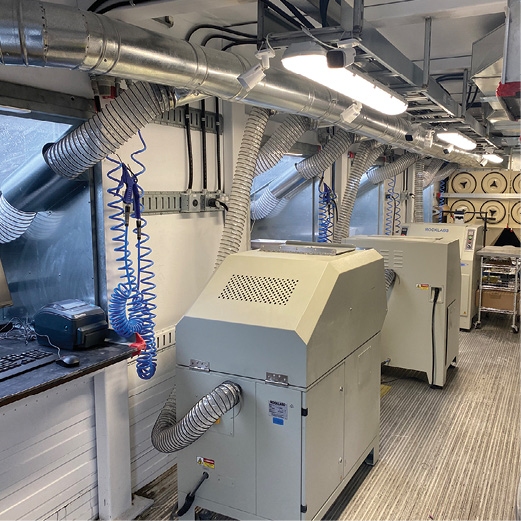
Now, with the proven mobility, accuracy, and versatility of the MSPU, it is possible to work with companies in situations that are much more remote. Once the exploration plan, sample volumes, and financing are in place, then using an MSPU makes sense. The MSPU has a smaller footprint and ability to be relocated at the conclusion of a job versus a bricks and mortar lab which takes longer to build and is for all intents and purposes, a permanent footprint.
Instead of building a permanent facility, the mobile unit runs on its own power and prepares all samples on site with the side benefit of allowing SGS to train and employ a local workforce at the MSPU site. When the work is finished at one site, the MSPU can be transported by truck to its next client and location.
There are benefits to the local work force as well in an MSPU location where employees receive training in skills that could offer them a pathway to exploring new career options within the mining sector. Although this is a field that is physically demanding with the use of pulverizers and crushers that has been dominated by men, automation and scaling the business means there are more women now in the mix including Leslie Clark, SGS’ North America onsite laboratories operations manager who oversees the MSPU in Port aux Basques.
The SGS lab provides Matador with the reliable preparation services they require and helps reduce overall analytical turnaround times sometimes by ½ to 1/3 based on current industry turnaround for analytical results. The MSPU service insulates them from turnaround variability caused by sample preparation queues which can develop in peak field season in brick-and-mortar labs. This allows clients to make important decisions, to advance their project on an expedited timeline and to report feedback to investors for financing.
Until recently, dealing with clients who already had infrastructure and were well-established was the norm. The customization that comes with using an MSPU means that many more clients and situations can be serviced. Each MSPU is built to a certain capacity that is predicated on the level of interest or business in a region from a client or group of clients. Current best business practices can allow for an MSPU now to be shared between clients. Capacity is customized based on the requirements of the stakeholder(s) in each location.
Recently, there has been a shortage of drillers and as a result, companies have been incentivized to drill all year without the normal slow time in the winter months. This means that sample preparation also must happen at the same time to keep up with the demands of a project. The advantages of the MSPUs are undeniable. They can be deployed around North America and beyond for any project from greenfield to development or production and can be utilized year-round.
“Currently, we have three MSPUs in Canada and numerous others globally. We should have several more across the continent by next field season by my projection, with more to be commissioned this year,” said Cindy Collins, director of sales and business development, geochemistry, SGS Natural Resources. “And for context, since 2004, we have had 35 MSPUs in places like Papua New Guinea, Peru, Congo, West Africa, Mexico, and Kazakhstan. It is exciting and encouraging to be a part of this growth, and I am eager to continue to share its many benefits and uses.”
If the quality of service for an MSPU that is found in Kazakhstan is the same as another found in Newfoundland and Labrador is the question, the short answer is yes. The MSPU is built and operated using the same standards and operating procedures SGS uses in its labs around the world regardless of location. It is important to note that the MSPUs are built to the same quality and safety standards as required in all SGS commercial laboratories.
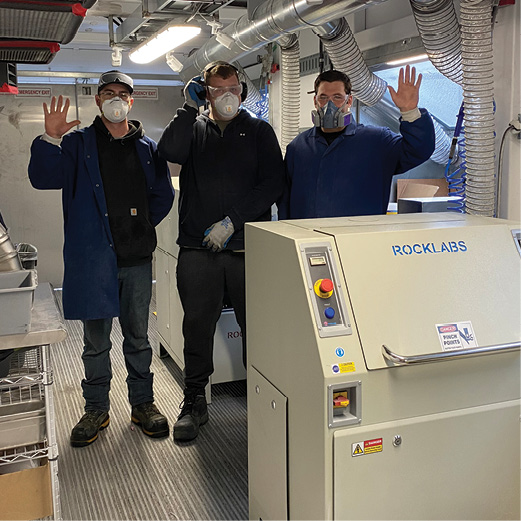
Everything points to the kind of quality that customers require and expect from SGS laboratory services. In the last few years, analytical results across the industry have seen significant delays resulting in companies waiting months for their results due to many factors resulting in backlogs at analytical testing facilities. In an innovative shift, by combining the SGS’ MSPU and in-field analytical services and testing (FAST), it is possible to not only reduce turnaround time to receive material data, but to have it immediately. This enables pre-screening of samples sent to the lab for more qualitative testing and directs in-field activities quickly.
In summary, MSPUs help expedite the sample preparation process, leading to quick analytical turnaround times so companies can make important decisions. Having their data faster allows for clients to continue or even modify drill program strategies based on real time information.
You can see more information about the work SGS has done with Matador Mining at https://youtu.be/c-7elBWaFs8
More information about SGS’s MSPUs can be found here at https://youtu.be/W-0oU1LNUhY
P.J. Kwong is well known to figure skating fans everywhere. She has been the in-house PA voice at many national and international events including five Winter and three Summer Olympics. She has been working for CBC Sports as a writer, commentator, and social media reporter for figure skating. More can be found here
https://pjkwong.com/
Teddy Katz is founder, journalist, podcaster, and chief storyteller at Think Redefined Inc. with 20 years of experience gained as a journalist at CBC and as a Communications Executive.
https://www.thinkredefined.com/about
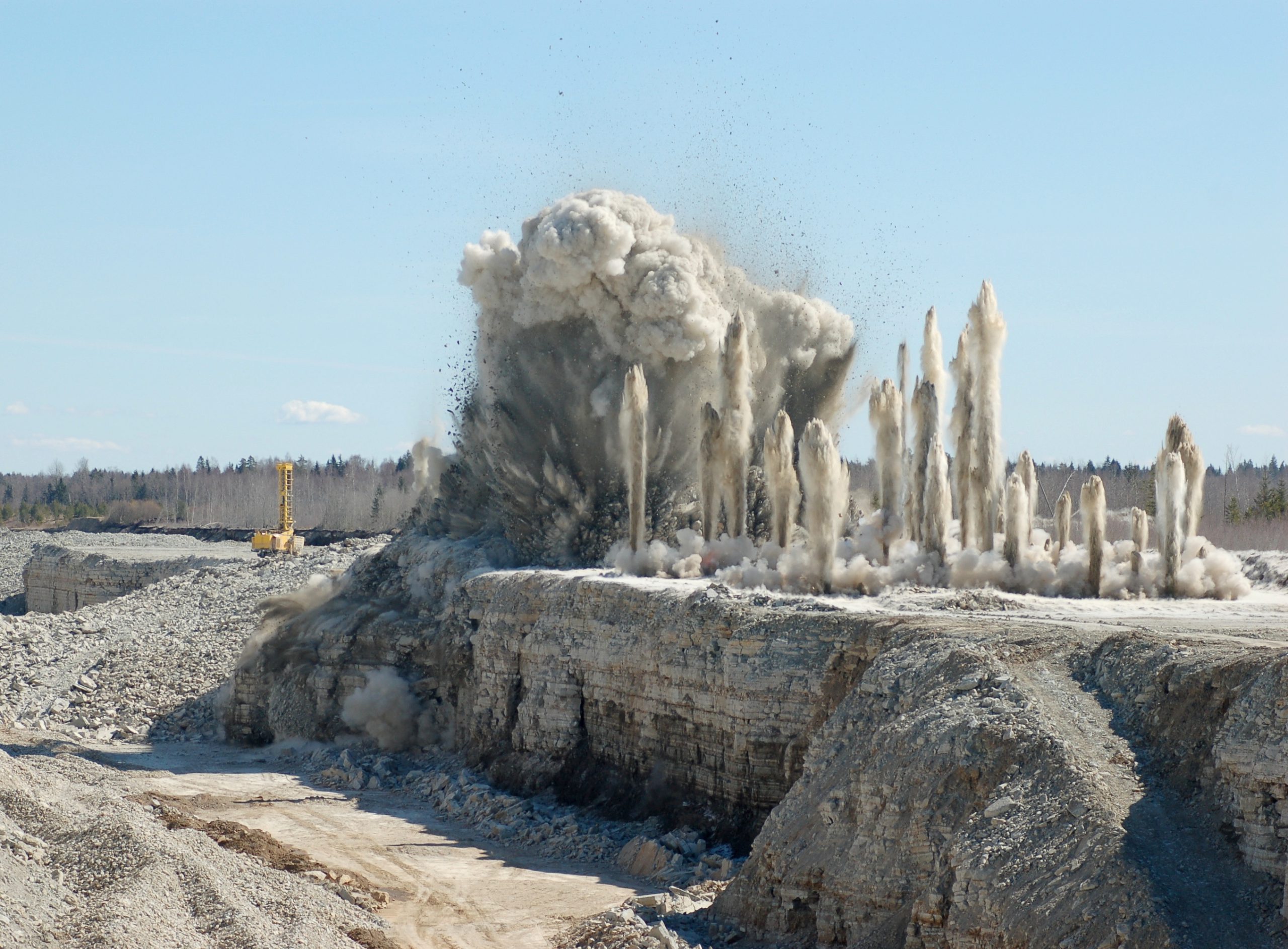

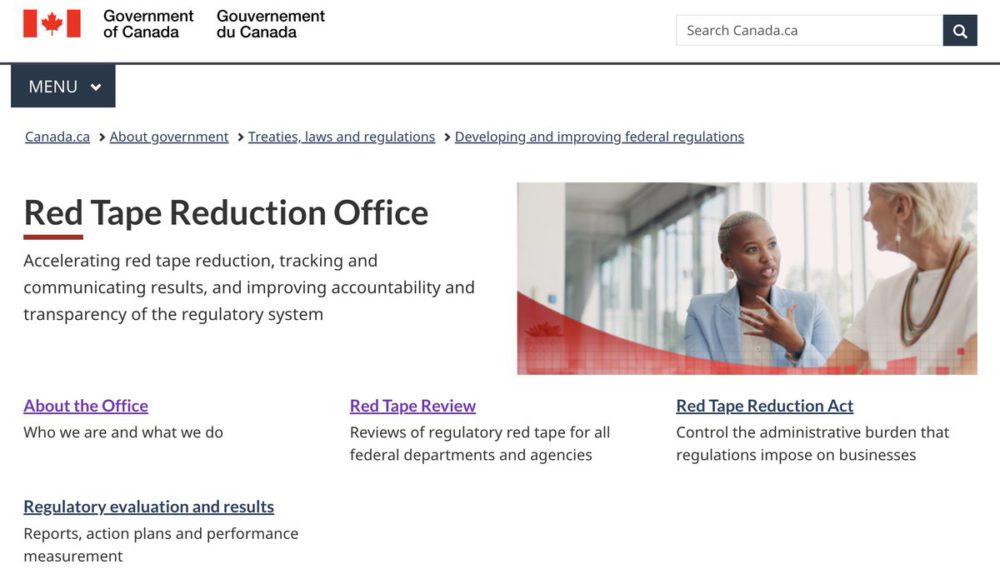


Comments